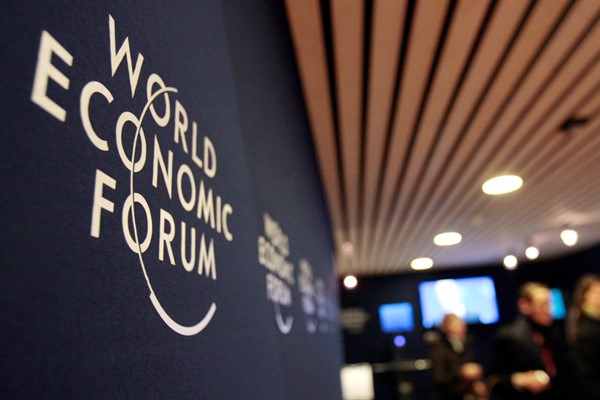Editor’s note: The following article is one of 30 that we’ve selected from our archives to celebrate World Politics Review’s 15th anniversary. You can find the full collection here.
Globalization holds out the prospect that the world might become a single place, but the resulting integration is often perceived as increased sameness through new information technologies and the spread of consumer culture. In this vision, whether defined as cultural imperialism, Americanization, or the triumph of market capitalism, global culture tends to be seen as an imposed uniformity and the demise of local cultures. Globalization becomes the arch destroyer of long-sedimented traditions along with accompanying artistic and cultural heritages.
Yet the question of what a global culture could be, and whether new ways of life and values could emerge and become widespread as a result of it, remains intriguing. Of course, there is always the possibility of deglobalizing reactions, as fundamentalist and anti-globalization movements are also actors on the global stage and have their own particular role to play in the formation of a global culture. But the emergence of a global culture and the form it takes could have compelling implications for the relationship between individuals and the international arena as we know it.

